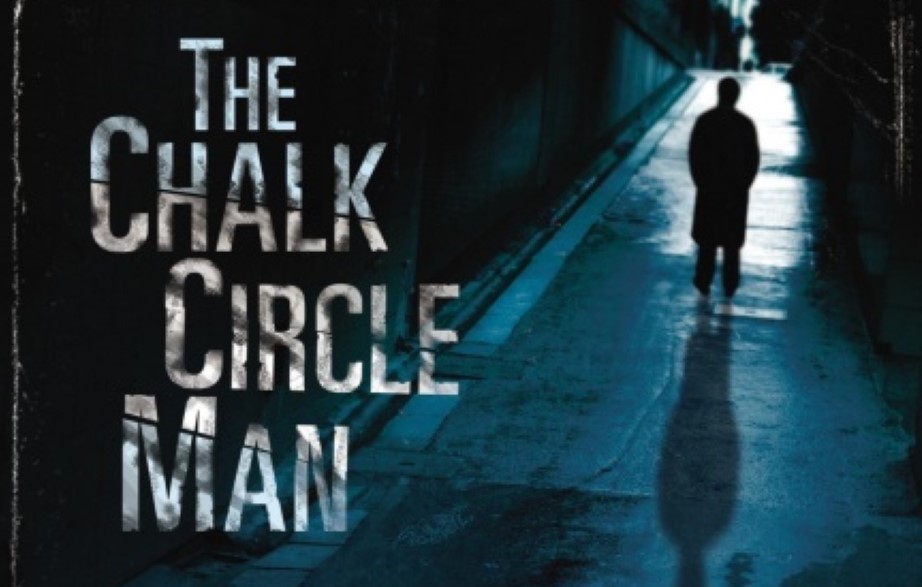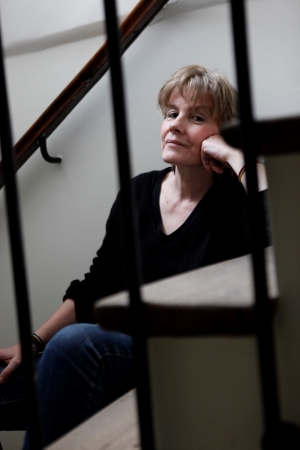
In stressful times when distraction is what’s needed most in a book, I often turn to crime fiction. I love Agatha Christie, Ngaio Marsh, and Josephine Tey; I’ve recently got started on Susan Hill’s Simon Serraillier novels, and I’m working my way through Ben Aaronovitch’s London-based urban fantasy/police procedurals (due to be adapted for TV by Simon Pegg and Nick Frost).

One of my favourites is Fred Vargas, and last week I re-read her first novel, The Chalk Circle Man (I’m definitely craving the familiarity of re-reading at the moment!). Commissaire Jean-Baptiste Adamsberg, newly transferred from the Pyrenees after a number of high-profile successes there, receives a tipoff and becomes fascinated by a seemingly innocuous occurrence – at night, someone has been drawing chalk circles around items of refuse on the streets, with the same words written around the circle each time. Subsequent novels see Adamsberg travel around France to investigate seemingly impossible, or just impossibly strange, cases.
The first of her novels I read was Have Mercy on Us All, in which Adamsberg investigates possible cases of bubonic plague in Paris. Vargas is a historian and archaeologist by training, known for her work on the Black Death. She is also the first writer to win the CWA International Dagger for three consecutive works, all translated by Siân Reynolds.
Eleven of Vargas’ sixteen novels feature Adamsberg. He is unusual among the fictional detectives of my experience, who seem to mostly champion logic and thorough analysis.
“Adamsberg never realised when he was thinking and the instant he became conscious of it, it stopped. As a result he was never sure where all his ideas, his intentions and his decisions came from.”
Adamsberg is one of my favourite creations in all of crime fiction: kind, fair, at times impossibly distant, seeing lots without seeming to look very much.
“Danglard saw that Adamsberg was preoccupied, but that he nevertheless didn’t give the impression of deep concentration. Their previous commissaire had been just the opposite. He had been completely tied up in his thoughts, a man of perpetual rumination. But Adamsberg was open to every wind, like a cabin made of rough planks, letting his brain receive fresh air…”






Recent Comments